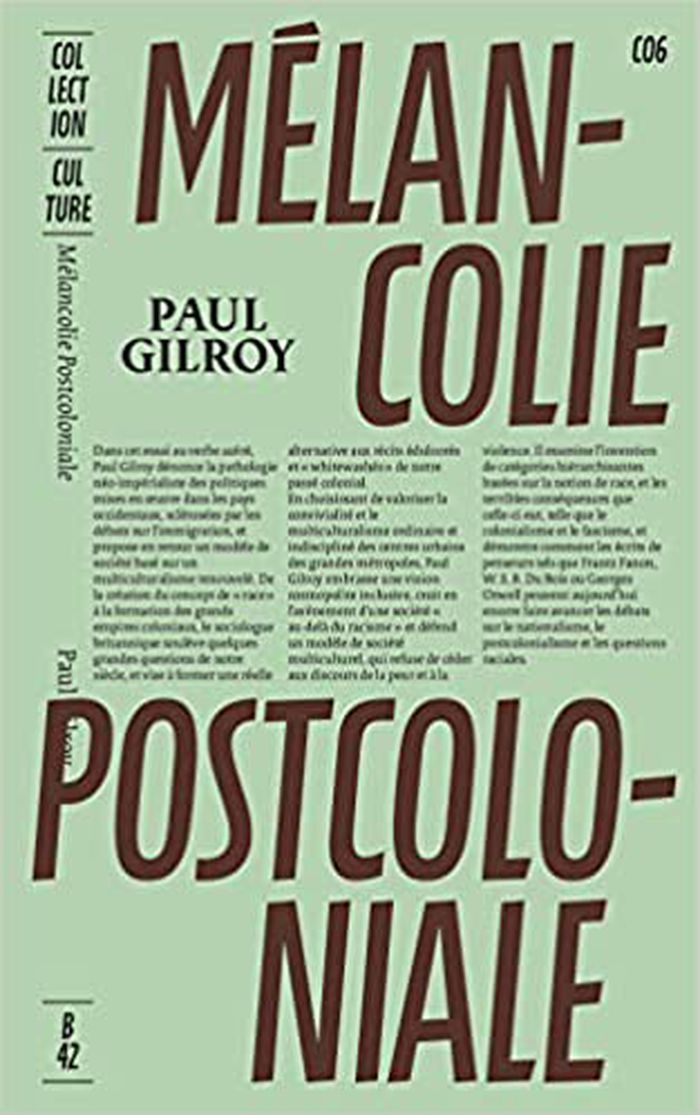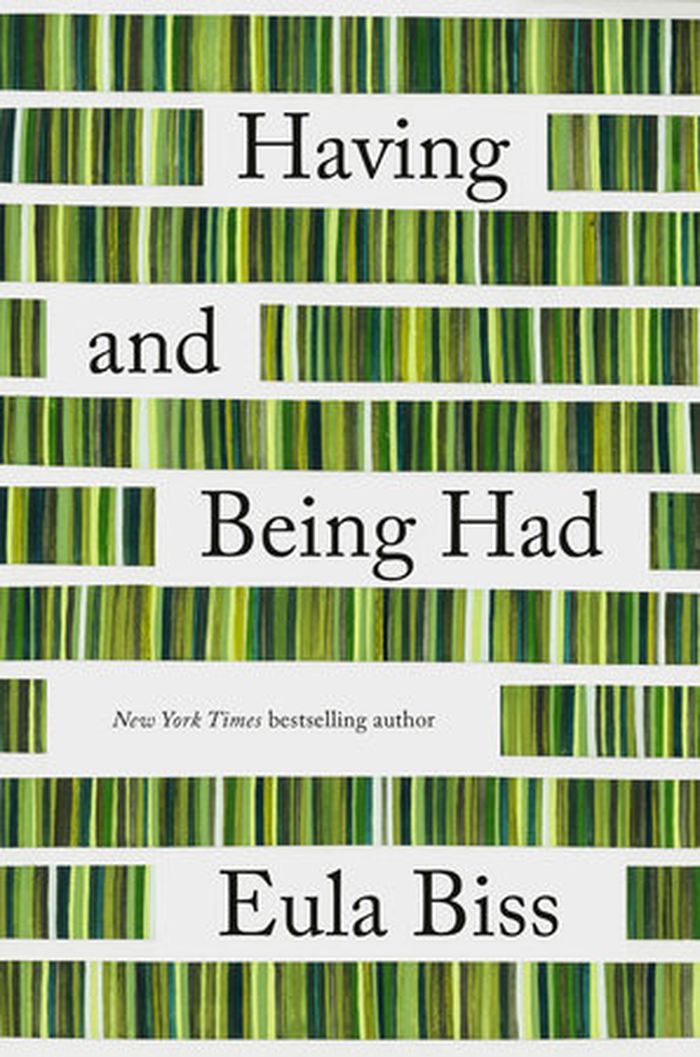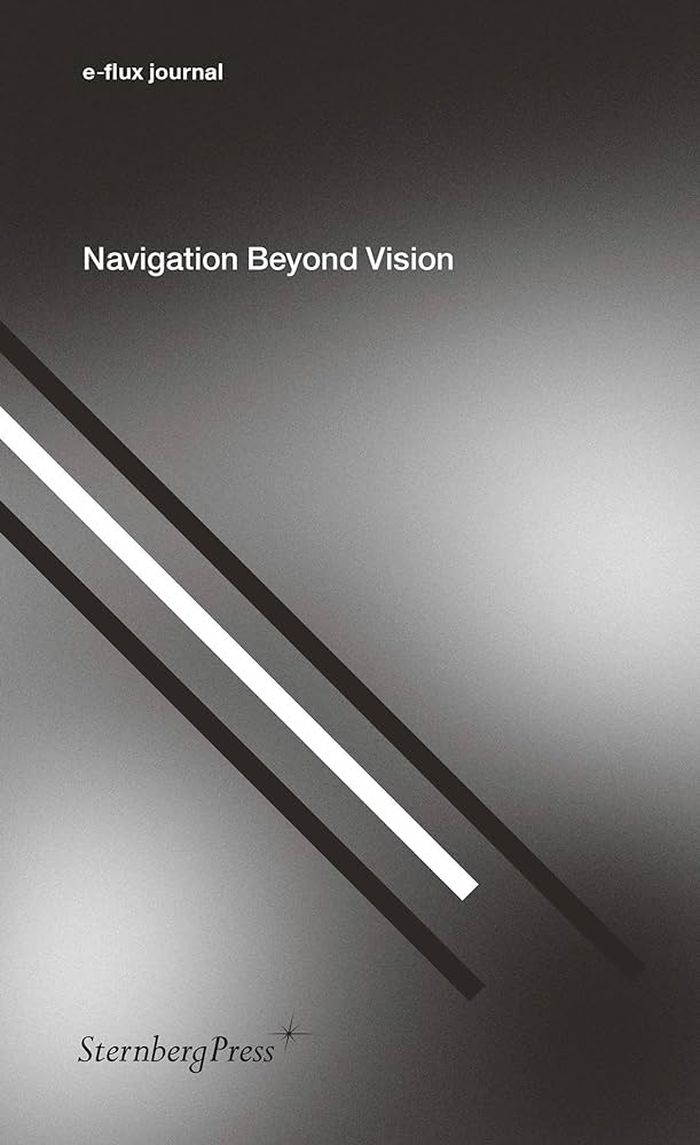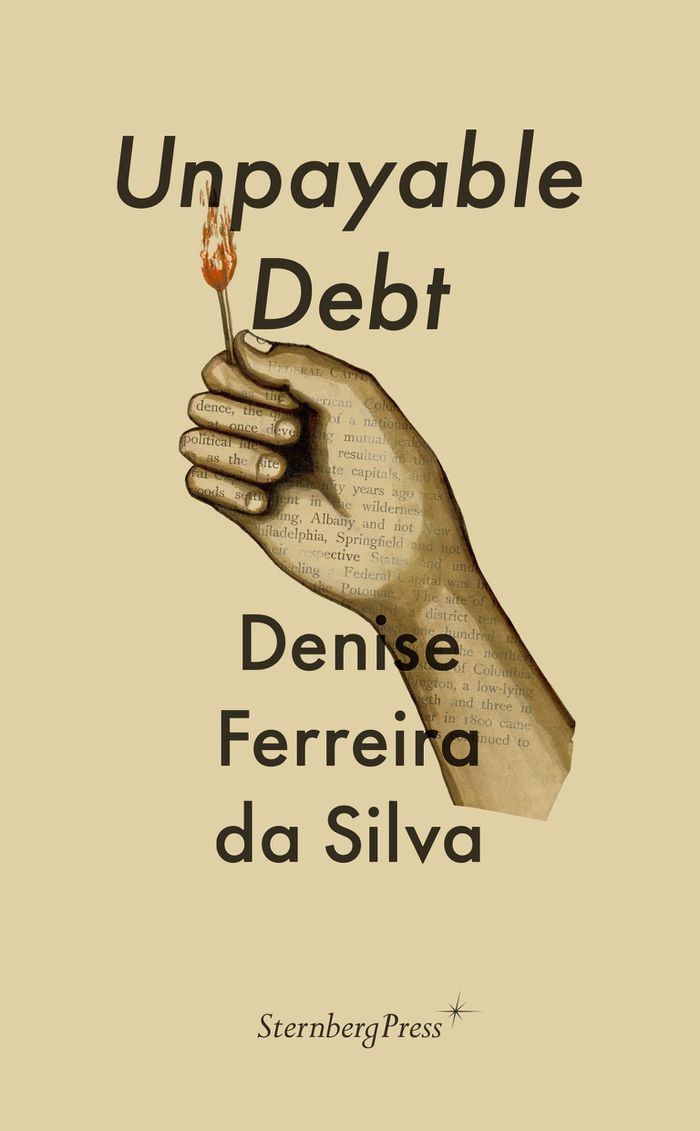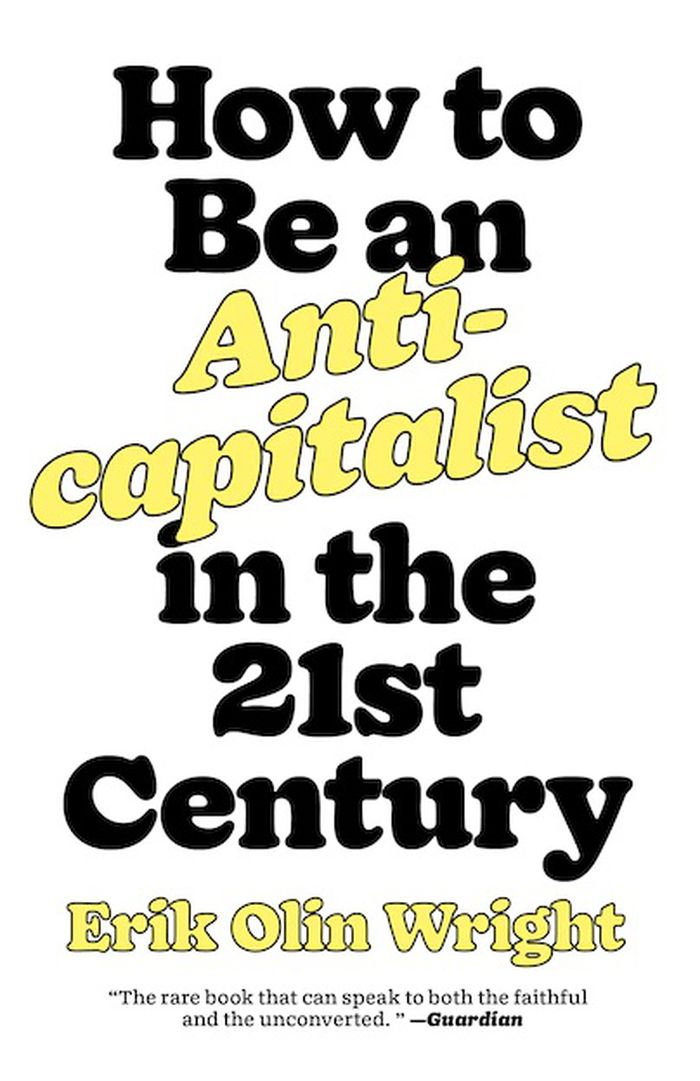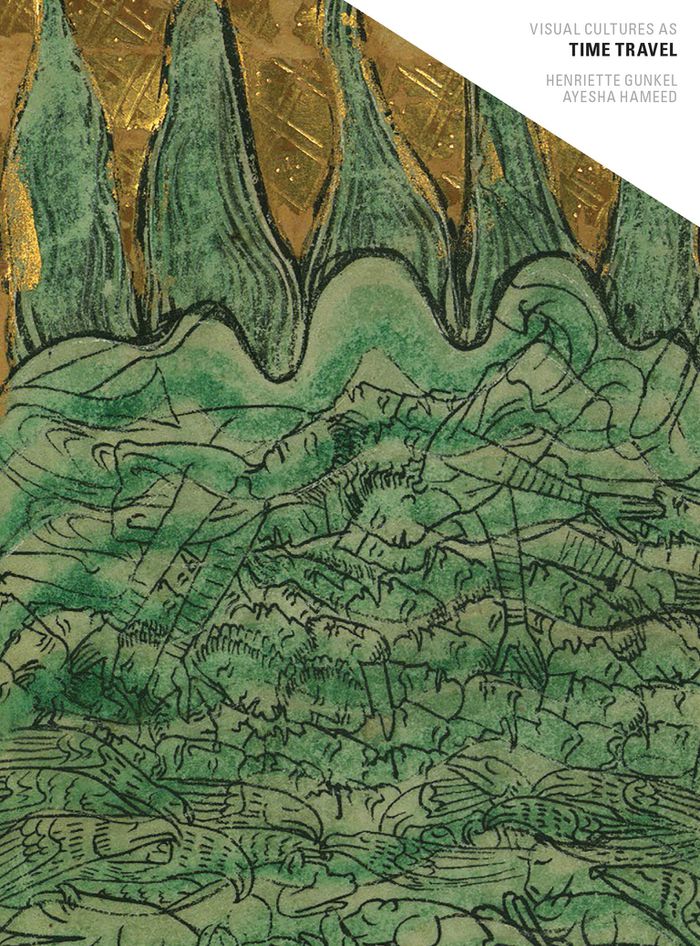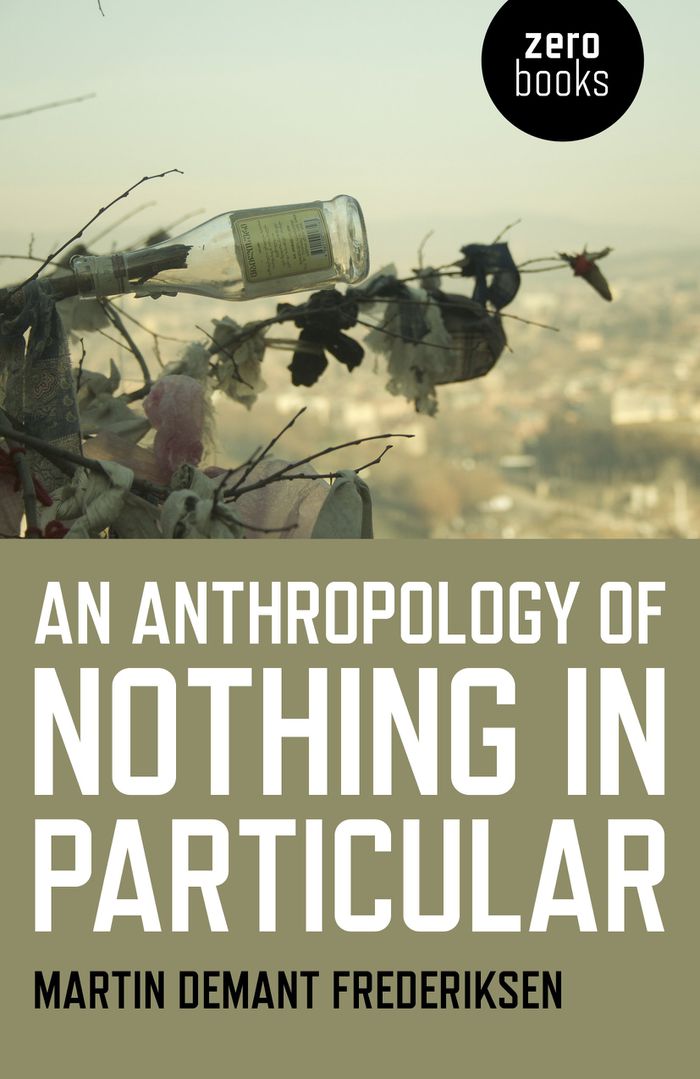books
$24.95
(available in store)
Summary:
Il n’est pas question ici d’épidémiologie, ni de virologie, ni de quelque « logie » que ce soit car c’est de philosophie qu’il s’agit. Du reste, Donatella Di Cesare enseigne cette discipline dans la plus ancienne institution universitaire d’Europe, La Sapienza à Rome. Que penser d’une démocratie immunitaire où les experts ont acquis des places de gouvernants et où l’état(...)
Un virus souverain : l'asphyxie capitaliste
Actions:
Price:
$24.95
(available in store)
Summary:
Il n’est pas question ici d’épidémiologie, ni de virologie, ni de quelque « logie » que ce soit car c’est de philosophie qu’il s’agit. Du reste, Donatella Di Cesare enseigne cette discipline dans la plus ancienne institution universitaire d’Europe, La Sapienza à Rome. Que penser d’une démocratie immunitaire où les experts ont acquis des places de gouvernants et où l’état d’exception est permanent? Que dire de la « distanciation sociale » sinon qu’elle est l’élargissement du fossé entre les riches et ceux qui n’ont rien? Comment qualifier un virus capable d’annuler l’idée même de frontière? Comment qualifier les relations où chacun vit caché derrière son masque et où personne n’ose se toucher? Le virus a rendu manifeste la brutalité du capitalisme qui nous emporte dans sa spirale dévastatrice. « Ce qui se passe n’est pas une crise mais bien une catastrophe au ralenti. Le virus a bloqué le dispositif. Ce que l’on voit, c’est une convulsion planétaire, le spasme produit par la violence fébrile, l’accélération sans fin autre qu’elle-même qui a inexorablement atteint son point d’inertie. C’est une tétanisation du monde. » Est-ce un dernier signal d’alarme?
books
November 2020
Critical Theory
Mélancolie postcoloniale
$44.95
(available to order)
Summary:
Dans cet essai au verbe acéré, Paul Gilroy dénonce la pathologie néo-impérialiste des politiques mises en œuvre dans les pays occidentaux, sclérosés par les débats sur l’immigration, et propose en retour un modèle de société basé sur un multiculturalisme renouvelé. Il examine l’invention de catégories hiérarchisantes basées sur la notion de race, et les terribles(...)
Mélancolie postcoloniale
Actions:
Price:
$44.95
(available to order)
Summary:
Dans cet essai au verbe acéré, Paul Gilroy dénonce la pathologie néo-impérialiste des politiques mises en œuvre dans les pays occidentaux, sclérosés par les débats sur l’immigration, et propose en retour un modèle de société basé sur un multiculturalisme renouvelé. Il examine l’invention de catégories hiérarchisantes basées sur la notion de race, et les terribles conséquences que celle-ci eut, telle que le colonialisme et le fascisme, et démontre comment les écrits de penseurs tels que Frantz Fanon, W. E. B. Du Bois ou Georges Orwell peuvent aujourd’hui encore faire avancer les débats sur le nationalisme, le postcolonialisme et les questions raciales.
Critical Theory
Having and being had
$35.00
(available to order)
Summary:
Having just purchased her first home, the poet and essayist now embarks on a provocative exploration of the value system she has bought into. Through a series of engaging exchanges - in libraries and laundromats, over barstools and backyard fences - she examines our assumptions about class and property and the ways we internalize the demands of capitalism.Biss offers an(...)
Having and being had
Actions:
Price:
$35.00
(available to order)
Summary:
Having just purchased her first home, the poet and essayist now embarks on a provocative exploration of the value system she has bought into. Through a series of engaging exchanges - in libraries and laundromats, over barstools and backyard fences - she examines our assumptions about class and property and the ways we internalize the demands of capitalism.Biss offers an uncommonly immersive and deeply revealing new portrait of work and luxury, of accumulation and consumption, of the value of time and how we spend it. Ranging from IKEA to Beyoncé to Pokemon, Biss asks, of both herself and her class, 'In what have we invested?'
Critical Theory
$32.00
(available to order)
Summary:
Navigation begins where the map becomes indecipherable. Navigation operates on a plane of immanence in constant motion. Instead of framing or representing the world, the art of navigation continuously updates and adjusts multiple frames from viewpoints within and beyond the world. Navigation is thus an operational practice of synthesizing various orders of(...)
Navigation beyond vision: e-flux journal
Actions:
Price:
$32.00
(available to order)
Summary:
Navigation begins where the map becomes indecipherable. Navigation operates on a plane of immanence in constant motion. Instead of framing or representing the world, the art of navigation continuously updates and adjusts multiple frames from viewpoints within and beyond the world. Navigation is thus an operational practice of synthesizing various orders of magnitude. Only a few weeks prior to his untimely death in 2014, Harun Farocki briefly referred to navigation as a contemporary challenge to montage—editing distinct sections of film into a continuous sequence—as the dominant paradigm of techno-political visuality. For Farocki, the computer-animated, navigable images that constitute the twenty-first century's "ruling class of images" call for new tools of analysis, prompting him to ask: How does the shift from montage to navigation alter the way images—and art—operate as models of political action and modes of political intervention?
Critical Theory
Unpayable Debt
$36.95
(available to order)
Summary:
''Unpayable debt'' examines the relationships among coloniality, raciality, and global capital from a black feminist ''poethical'' perspective. Inspired by Octavia E. Butler's 1979 sci-fi novel ''Kindred,'' in which an African-American writer is transported back in time to the antebellum South to save her owner-ancestor, ''Unpayable debt'' relates the notion of value to(...)
Unpayable Debt
Actions:
Price:
$36.95
(available to order)
Summary:
''Unpayable debt'' examines the relationships among coloniality, raciality, and global capital from a black feminist ''poethical'' perspective. Inspired by Octavia E. Butler's 1979 sci-fi novel ''Kindred,'' in which an African-American writer is transported back in time to the antebellum South to save her owner-ancestor, ''Unpayable debt'' relates the notion of value to coloniality—both economic and ethical. Focusing on the philosophy behind value, Denise Ferreira da Silva exposes capital as the juridical architecture and ethical grammar of the world. Here, raciality—a symbol of coloniality—justifies deployments of total violence to enable expropriation and land extraction.
Critical Theory
$25.95
(available to order)
Summary:
The world is out of joint, so much so that disobeying should be an urgent act for everyone. In this provocative essay, Frédéric Gros explores the roots of political obedience, social conformity, economic subjection, respect for authorities, constitutional consensus. Examining the various styles of obedience provides tools to study, invent and induce new forms of civic(...)
Disobey! A philosophy of resistance
Actions:
Price:
$25.95
(available to order)
Summary:
The world is out of joint, so much so that disobeying should be an urgent act for everyone. In this provocative essay, Frédéric Gros explores the roots of political obedience, social conformity, economic subjection, respect for authorities, constitutional consensus. Examining the various styles of obedience provides tools to study, invent and induce new forms of civic disobedience and lyrical protest. Nothing can be taken for granted: neither supposed certainties nor social conventions, economic injustice or moral conviction. Thinking philosophically requires us to never accept truths and generalities that seem obvious—it restores a sense of political responsibility. At a time when the decisions of experts are presented as the result of icy statistics and anonymous calculations, disobeying becomes an assertion of humanity. To philosophise is to disobey. This book is a call for critical democracy and ethical resistance.
Critical Theory
$25.95
(available to order)
Summary:
Capitalism has transformed the world and increased our productivity, but at the cost of enormous human suffering. Our shared values- equality and fairness, democracy and freedom, community and solidarity- can provide both the basis for a critique of capitalism and help to guide us toward a socialist and democratic society. Erik Olin Wright has distilled decades of work(...)
How to be an anticapitalist in the twenty-first century
Actions:
Price:
$25.95
(available to order)
Summary:
Capitalism has transformed the world and increased our productivity, but at the cost of enormous human suffering. Our shared values- equality and fairness, democracy and freedom, community and solidarity- can provide both the basis for a critique of capitalism and help to guide us toward a socialist and democratic society. Erik Olin Wright has distilled decades of work into this concise and tightly argued manifesto: analyzing the varieties of anticapitalism, assessing different strategic approaches, and laying the foundations for a society dedicated to human flourishing. ''How to be an anticapitalist in the twenty-first century'' is an urgent and powerful argument for socialism, and an unparalleled guide to help us get there. Another world is possible. Included is an afterword by the author’s close friend and collaborator Michael Burawoy.
Critical Theory
$22.00
(available to order)
Summary:
"Visual cultures as time travel" makes a case for cultural, aesthetic, and historical research that is oriented toward the future, not the past, actively constructing new categories of assembly that don't yet exist. Ayesha Hameed considers the relationship between climate change and plantation economies, proposing a watery plantationocene that revolves around two islands:(...)
Visual cultures as time travel
Actions:
Price:
$22.00
(available to order)
Summary:
"Visual cultures as time travel" makes a case for cultural, aesthetic, and historical research that is oriented toward the future, not the past, actively constructing new categories of assembly that don't yet exist. Ayesha Hameed considers the relationship between climate change and plantation economies, proposing a watery plantationocene that revolves around two islands: a former plantation in St. George's Parish in Barbados, and the port city of Port of Spain in Trinidad. It visits a marine research institute on a third island, Seili in Finland, to consider how notions of temporality and adaptation are produced in the climate emergency we face. Henriette Gunkel introduces the idea of time travel through notions of dizziness, freefall, and of being in vertigo as set out in Octavia Butler's novel Kindred and Kitso Lynn Lelliott's multimedia installation South Atlantic Hauntings, exploring what counts as technology, how it operates in relation to time, including deep space time, and how it interacts with the different types of bodies—human, machine, planetary, spectral, ancestral—that inhabit the terrestrial and extraterrestrial worlds. In conversation, Hameed and Gunkel propose a notion of time travel marked by possibility and loss—in the aftermath of transatlantic slavery and in the moment of mass illegalized migration, of blackness and time, of wildfires and floods, of lost and co-opted futures, of deep geological time, and of falling.
Critical Theory
$22.00
(available to order)
Summary:
How does the world form itself? How does it create itself as a world? And how do we understand the role of the visual in this regard? Most responses to these questions within cultural theory and visual culture refer to the rise of globalization, thus highlighting the acceleration of exchanges, the proliferation of information and communication devices, and the(...)
Visual cultures as world forming
Actions:
Price:
$22.00
(available to order)
Summary:
How does the world form itself? How does it create itself as a world? And how do we understand the role of the visual in this regard? Most responses to these questions within cultural theory and visual culture refer to the rise of globalization, thus highlighting the acceleration of exchanges, the proliferation of information and communication devices, and the multiplication of globally circulated goods and images that characterize the world we live in. "Visual cultures as world forming" takes a different approach by focusing on the taking place of the world, a creative act that knows no economic return. This taking place does not lead to more proliferation of goods, additional financial exchanges, further communications, or an increase in the distribution of visual material, but leads to the continued "worlding" of the world. This approach is predominantly, but not exclusively, inspired by the work of Jean-Luc Nancy. Through a reading of his work and of some of his contemporaries both inside and outside of the Western canon, Madani and Martinon attempt to expose how the world—and the world of visual culture in particular—creates itself and the ways in which each one of us is embodying this creation without economy.
Critical Theory
$21.95
(available to order)
Summary:
There have been claims that meaninglessness has become epidemic in the contemporary world. One perceived consequence of this is that people increasingly turn against both society and the political establishment with little concern for the content (or lack of content) that might follow. Most often, encounters with meaninglessness and nothingness are seen as troubling.(...)
An anthropology of nothing in particular
Actions:
Price:
$21.95
(available to order)
Summary:
There have been claims that meaninglessness has become epidemic in the contemporary world. One perceived consequence of this is that people increasingly turn against both society and the political establishment with little concern for the content (or lack of content) that might follow. Most often, encounters with meaninglessness and nothingness are seen as troubling. ''Meaning'' is generally seen as being a cornerstone of the human condition, as that which we strive towards. This was famously explored by Viktor Frankl in ''Man’s Search for Meaning'' in which he showed how even in the direst of situations individuals will often seek to find a purpose in life. But what, then, is at stake when groups of people negate this position? What exactly goes on inside this apparent turn towards nothing, in the engagement with meaninglessness? And what happens if we take the meaningless seriously as an empirical fact?
Critical Theory
